






5-Star Valuation Services, Loved by Hundreds
Frequently Asked
Questions
No Frequently Asked Questions Found.
At its essence, investment represents a forward-looking financial strategy where individuals and organizations commit capital to assets that have the potential to appreciate in value or generate ongoing income. These assets can range from traditional financial instruments like stocks and bonds to more tangible investments such as real estate or business enterprises.
The core motivation behind investment is the expectation of future financial gain. By carefully selecting and managing investment vehicles, individuals can potentially outpace inflation, build long-term wealth, and create additional income streams. This process requires careful analysis, understanding of market dynamics, and a nuanced approach to risk management.
Successful investment strategies typically involve a balanced approach that considers multiple factors, including personal financial goals, risk tolerance, market conditions, and individual economic circumstances. Investors must continuously evaluate their investment portfolio, adapting to changing economic landscapes and personal financial objectives.
While investment inherently carries potential risks, it also offers significant opportunities for financial growth and stability. By understanding the fundamental principles of investment and maintaining a strategic, informed approach, individuals can effectively navigate the complex world of financial opportunities and work towards achieving their long-term financial aspirations.
Investors leverage appraisals across diverse asset categories, including real estate, businesses, financial securities, and unique personal property like collectibles. Each type of asset requires a specialized approach to valuation, taking into account unique characteristics such as market conditions, physical condition, income potential, and comparative market performance.
The appraisal process is methodical and rigorous, involving multiple critical stages. Initially, appraisers conduct extensive research and data collection, examining market trends, comparable assets, and economic indicators. For tangible assets, this includes thorough site inspections that assess physical condition, functionality, and potential limitations.
Valuation methodologies are carefully selected based on the specific asset type. These may include the income approach, which evaluates potential revenue generation; the sales comparison approach, analyzing recent similar asset transactions; and the cost approach, which considers reproduction or replacement expenses.
The culmination of this detailed analysis is a comprehensive report that provides a substantiated value conclusion. These documents are instrumental for various financial activities, including transaction negotiations, loan applications, investment strategy development, and risk management.
By offering an objective and professional assessment, investment appraisals enable stakeholders to make informed decisions, mitigate financial risks, and optimize potential investment returns across different asset classes.
Professional appraisers conduct an in-depth examination that considers several key elements: equipment age, operational condition, accumulated usage hours, specific brand and model characteristics, and current market dynamics. Each factor is carefully weighted to generate an accurate representation of the asset's true worth.
The appraisal process begins with a detailed physical inspection, where experts methodically evaluate the equipment's structural integrity, mechanical functionality, and overall performance potential. Maintenance records play a crucial role, offering insights into the equipment's historical care and potential longevity. Well-maintained machinery typically commands a higher valuation, reflecting the diligence of its previous owners.
Comparative market analysis forms another cornerstone of the appraisal methodology. Appraisers cross-reference the equipment against recent sales of similar machinery, ensuring the valuation reflects current market conditions and industry trends. This approach provides a nuanced, data-driven perspective that goes beyond surface-level assessments.
Different sectors leverage construction equipment appraisals for varied purposes. Contractors use these evaluations to make strategic decisions about equipment acquisition or disposition. Financial institutions rely on precise valuations to assess lending risks and determine appropriate financing terms. Rental companies depend on these assessments for fleet management and insurance purposes.
Ultimately, a construction equipment appraisal represents a complex intersection of technical expertise, market knowledge, and financial analysis. It provides stakeholders with a reliable, objective assessment that supports informed decision-making in an ever-evolving industry landscape.
Detailed digital assessments typically involve clients submitting high-quality photographs and comprehensive equipment specifications. Appraisers carefully analyze these submitted materials, examining equipment condition, age, operational history, and market comparability factors. This method allows for precise evaluation without requiring physical presence.
Interactive online appraisal options have expanded, leveraging video conferencing platforms like Zoom, Google Meet, and Skype. These live sessions enable real-time equipment examination, allowing appraisers to request specific angles, discuss unique features, and conduct thorough visual inspections with clients.
The digital appraisal process offers significant advantages, including dramatically reduced turnaround times and elimination of geographical constraints. Clients can receive professional assessments quickly and conveniently, without scheduling complex in-person meetings or incurring additional travel expenses.
Modern appraisal techniques incorporate advanced technological tools and professional expertise to deliver accurate, reliable equipment valuations. By combining detailed documentation, visual evidence, and professional analysis, online construction equipment appraisals provide comprehensive insights that meet industry standards and client expectations.
Certified general appraisers offer the broadest expertise, holding comprehensive licenses that enable them to assess virtually any type of heavy machinery. Their deep market knowledge allows for nuanced valuations of complex and high-value equipment, making them invaluable for comprehensive assessments.
Licensed equipment appraisers focus specifically on machinery valuation, developing deep expertise in construction equipment like excavators, bulldozers, and cranes. Their specialized knowledge ensures precise evaluations that account for industry-specific factors, regulatory compliance, and detailed condition assessments.
Industrial appraisers bring a strategic perspective, examining equipment within the broader context of manufacturing and construction operations. They excel at understanding how machinery integrates into industrial ecosystems, providing holistic valuations that consider operational capabilities and market positioning.
Cost approach appraisers utilize a methodical replacement value strategy, calculating equipment worth based on reproduction costs and accounting for depreciation. This approach proves particularly effective for new or unique machinery, offering a scientific basis for valuation.
Market approach appraisers leverage comparative sales data, analyzing recent transactions to determine fair market value. By examining factors like age, condition, and brand reputation, they provide insights that reflect current market dynamics and competitive pricing trends.
Auction appraisers specialize in evaluating equipment within the unique context of sales environments. Their expertise in predicting auction performance helps buyers and sellers understand potential market values, drawing from historical sales data and current industry trends.
Selecting the right appraiser depends on specific assessment needs, equipment type, and valuation objectives. Understanding these professional distinctions empowers businesses and individuals to make informed decisions about their construction equipment assets.
Financial decision-makers rely on equipment appraisals to understand the true economic landscape of their assets. By establishing precise market values, companies can make informed choices about equipment maintenance, replacement, and potential divestiture. These evaluations capture nuanced details about depreciation, current market conditions, and potential future value trajectories.
Insurance and risk management represent another crucial dimension of equipment appraisals. Accurate valuations ensure appropriate coverage levels, protecting organizations from potential financial vulnerabilities in case of unexpected equipment loss or damage. This proactive approach mitigates potential economic disruptions and provides a clear framework for claims processes.
Lending institutions and financial partners frequently require professional equipment appraisals when considering financing or leasing arrangements. A comprehensive, objective assessment provides credibility and transparency, potentially securing more favorable lending terms and demonstrating the organization's financial sophistication.
Tax planning and compliance represent additional significant benefits of professional equipment appraisals. Whether addressing charitable donations, estate planning, or annual tax reporting, precise valuations help organizations maximize potential tax advantages while maintaining regulatory adherence.
Strategic asset management emerges as a fundamental outcome of regular equipment appraisals. By tracking equipment value over time, businesses can develop more intelligent procurement strategies, anticipate replacement cycles, and optimize their capital investment approaches.
Ultimately, construction equipment appraisals transcend simple monetary calculations. They represent a holistic tool for financial strategy, risk management, and organizational planning, enabling more sophisticated and informed decision-making across multiple business dimensions.
Why Construction Equipment Appraisal Matters for Smart Investors
Understanding the true value of construction equipment is crucial for savvy investors looking to make informed financial decisions. An accurate appraisal serves as a comprehensive assessment of an asset's worth, factoring in various elements that impact its overall market value.
Key Benefits of Construction Equipment Appraisal for Investors
- Informed Investment Decisions
Investors gain a clear understanding of equipment values through detailed reports that outline an asset's strengths and weaknesses. This comprehensive analysis enables more educated investment choices and strategic planning. - Risk Mitigation
The construction equipment market can be volatile and subject to complex economic fluctuations. Professional appraisals help identify potential risks, including overvalued assets or hidden equipment deficiencies that could impact financial performance. - Enhanced Financing Options
Lenders typically require formal appraisals when considering equipment as collateral. An accurate valuation:- Demonstrates asset legitimacy
- Facilitates smoother financing processes
- Increases likelihood of loan approval
- Strategic Tax Planning
Precise equipment appraisals support critical tax strategies by:- Ensuring regulatory compliance
- Maximizing potential deductions
- Providing accurate documentation for financial reporting
- Market Intelligence
Comprehensive appraisals offer deeper insights into current market trends, enabling investors to:- Identify optimal buying and selling opportunities
- Understand equipment depreciation rates
- Make data-driven investment decisions
Maximizing Investment Potential
Construction equipment appraisal goes beyond simple valuation. It provides a strategic tool that empowers investors with comprehensive market understanding, risk assessment, and financial planning capabilities. By engaging qualified professionals for thorough and unbiased assessments, investors can unlock significant opportunities in the construction equipment market.
Key Factors Driving Construction Equipment Market Value
Key Drivers of Construction Equipment Market Value
Understanding the intricate factors that influence construction equipment valuation is crucial for strategic investment decisions. Several dynamic elements collectively determine the market value of machinery and vehicles in the construction industry.
1. Equipment Age and Condition
The age and condition of construction equipment are paramount in determining its market value. Key considerations include:
- Newer machines typically command higher prices due to:
- Advanced technological features
- Enhanced operational efficiency
- Improved safety mechanisms
- Older equipment may experience value depreciation because of:
- Higher maintenance requirements
- Potential performance limitations
- Outdated technological capabilities
- Comprehensive maintenance records can help preserve equipment value
2. Brand and Model Reputation
The manufacturer's reputation significantly impacts equipment valuation:
- Established brands like Caterpillar, John Deere, and Komatsu tend to maintain higher resale values
- Factors influencing brand reputation include:
- Durability
- Reliability
- Performance consistency
- Specific model performance varies based on:
- Industry demand
- Operational efficiency
- Technical specifications
3. Market Demand Dynamics
Market demand is a critical valuation factor influenced by broader economic conditions:
- Economic indicators impacting equipment value include:
- GDP growth rates
- Infrastructure investment levels
- Housing market trends
- Value fluctuations occur based on:
- Construction industry health
- Economic expansion or contraction
- Regional infrastructure development
4. Equipment Specifications and Capabilities
Technical specifications play a crucial role in determining market value:
- Valuation factors include:
- Power output
- Size and dimensions
- Specialized capabilities
- Equipment designed for specific tasks may command premium pricing
- Appraisers must carefully assess:
- Intended equipment usage
- Industry-specific requirements
- Potential application versatility
By comprehensively analyzing these interconnected factors, investors can make informed decisions and strategically manage their construction equipment portfolios.
What Types of Construction Equipment Are Prime for Investment?
Types of Construction Equipment for Strategic Investment
Understanding the right construction equipment for investment requires careful analysis of market demand, functionality, and long-term value potential. Different equipment categories offer unique opportunities for investors seeking reliable assets in the construction sector.
Heavy Machinery: Core Investment Assets
- Includes critical equipment like excavators, bulldozers, and cranes
- Essential for fundamental construction site operations
- Characteristics that make them attractive investments:
- Stable market demand
- High operational reliability
- Potential for cost-effective used equipment purchases
Earthmoving Equipment: Versatile Investment Options
- Encompasses backhoes, skid-steer loaders, and similar machinery
- Key investment advantages:
- Multi-functional capabilities
- Compact design increasing adaptability
- Consistent market demand across various project types
Road Construction Equipment: Infrastructure-Driven Investments
- Includes pavers, rollers, and specialized road-building machinery
- Investment potential driven by:
- Ongoing infrastructure development initiatives
- Government infrastructure spending
- Consistent market value retention
Specialty Equipment: Niche Investment Opportunities
- Examples include concrete mixers and aerial lifts
- Investment benefits:
- Limited market competition
- High demand in specific sectors
- Potential for premium pricing
Critical Investment Considerations
Successful construction equipment investment requires comprehensive evaluation of multiple factors:
- Equipment age and current condition
- Manufacturer reputation and brand reliability
- Current and projected market trends
- Technological advancements in construction machinery
- Potential maintenance and operational costs
Investors should prioritize continuous market research and stay informed about emerging technologies to make strategic equipment investment decisions that maximize long-term value and operational efficiency.
Proven Strategies for Accurate Equipment Valuation
Proven Strategies for Accurate Construction Equipment Valuation
Accurately valuing construction equipment is crucial for investors aiming to maximize returns and minimize risks. By employing systematic and comprehensive strategies, you can develop a precise understanding of equipment value that supports smart investment decisions.
Key Valuation Strategies
- Comprehensive Market Research
- Analyze recent sales of comparable equipment
- Evaluate regional market demand
- Consider broader economic factors affecting the construction industry
- Detailed Utilization Analysis
- Examine equipment usage frequency
- Assess operational conditions
- Review maintenance and service history
- Recognize how usage impacts overall equipment value
- Thorough Condition Assessment
- Conduct comprehensive mechanical inspections
- Identify necessary repairs
- Document wear and tear
- Create detailed condition reports
- Advanced Depreciation Calculations
- Understand equipment-specific depreciation rates
- Consider age, technological advancements, and usage
- Apply industry-standard depreciation methods
- Professional Expertise
- Engage certified equipment appraisers
- Leverage specialized industry knowledge
- Ensure adherence to professional valuation standards
- Comprehensive Documentation Review
- Collect and analyze historical documentation
- Review purchase invoices
- Examine maintenance records
- Verify inspection reports
By systematically implementing these strategies, investors can develop a nuanced and accurate understanding of construction equipment value. This approach enables more informed investment decisions, supports risk management, and promotes long-term financial growth in the construction sector.
How Equipment Condition Impacts Your Investment Potential
The condition of construction equipment is a pivotal factor in determining its investment potential. Savvy investors seek assets that not only retain value but also offer promising appreciation opportunities, making a comprehensive understanding of equipment condition crucial.
Key Factors Influencing Equipment Value
Maintenance and Operational Condition
- Well-maintained equipment commands higher resale values
- Regular maintenance extends equipment lifespan
- Reliable and efficient machines attract more investor interest
- Lower operational risks make equipment more marketable
Documentation and Transparency
- Comprehensive maintenance records significantly enhance equipment value
- Detailed service history builds investor confidence
- Documentation should include:
- Repair logs
- Inspection reports
- Certification details
Potential Value Detractors
- Visible wear and tear can dramatically reduce investment appeal
- Potential issues that diminish value include:
- Rust
- Hydraulic leaks
- Engine problems
- Outdated technology
- Non-compliance with current safety and regulatory standards
Market Considerations
- Equipment value influenced by:
- Technological advancements
- Sustainability requirements
- Current industry project needs
- Market trends can rapidly impact equipment marketability
A comprehensive appraisal provides critical insights into equipment condition, potential maintenance requirements, and projected future value. This approach empowers investors to make strategic, informed decisions that maximize their investment potential.
Navigating Equipment Depreciation: A Strategic Guide
Understanding Equipment Depreciation
Equipment depreciation is a critical concept for construction industry stakeholders, representing the systematic reduction in value of assets over time. This process is driven by multiple factors, including physical wear and tear, technological obsolescence, and shifting market dynamics.
The Strategic Importance of Accurate Appraisal
Precise equipment valuation serves multiple crucial purposes:
- Enables comprehensive investment strategy development
- Supports accurate tax assessment
- Facilitates transparent financial reporting
- Provides clear insight into actual asset value
Depreciation Calculation Methods
Straight-Line Depreciation
A straightforward approach that:
- Evenly distributes asset cost over its useful life
- Provides simple, predictable depreciation calculations
- Offers consistent annual depreciation expense
Declining Balance Depreciation
A more dynamic method characterized by:
- Higher depreciation rates in initial asset years
- Reflects rapid initial value reduction
- Provides potential upfront tax advantages
Key Depreciation Influencing Factors
- Equipment Usage
- Increased operational hours accelerate depreciation
- Direct correlation between usage intensity and value reduction
- Maintenance Quality
- Rigorous maintenance preserves equipment value
- Proactive care mitigates rapid depreciation
- Technological Evolution
- Rapid technological advancements impact equipment relevance
- Obsolescence can dramatically increase depreciation rates
Strategic Investment Considerations
Comprehensive depreciation understanding empowers investors to:
- Make informed acquisition decisions
- Optimize financing strategies
- Strategically time asset disposal
- Reinvest capital into technologically advanced equipment
Regular equipment appraisals transcend financial documentation—they represent a strategic approach to maintaining competitive advantage in a dynamic construction landscape.
Preparing Your Construction Equipment for a Precise Appraisal
Comprehensive Preparation for Construction Equipment Appraisal
Preparing your construction equipment for a precise appraisal requires strategic planning and thorough documentation. A well-organized approach can significantly impact the accuracy and value of your equipment assessment.
Key Preparation Steps
- Comprehensive Documentation Management
- Compile complete maintenance and service records
- Include routine inspection logs
- Gather detailed repair documentation
- Organize records chronologically for easy review
- Historical Documentation Compilation
- Collect original purchase invoices
- Retrieve manufacturer warranties
- Document any specialized modifications
- Provide evidence of equipment's original investment
- Thorough Physical Equipment Assessment
- Conduct meticulous physical inspection
- Identify and document existing wear and tear
- Address minor repairs when possible
- Thoroughly clean equipment to enhance presentation
- Market Intelligence Gathering
- Research current market trends
- Analyze pricing for similar equipment models
- Understand industry demand fluctuations
- Develop realistic value expectations
- Professional Appraisal Preparation
- Schedule formal appraisal appointment
- Confirm inspection details with appraiser
- Ensure equipment is fully accessible
- Prepare all relevant attachments and supporting tools
A methodical approach to equipment preparation not only streamlines the appraisal process but potentially enhances the assessed value of your construction machinery.
Investment vs. Operational Appraisals: Critical Differences
When it comes to appraising construction equipment, understanding the distinction between investment and operational appraisals is crucial for stakeholders. Both types of appraisals serve unique purposes, yet they approach equipment evaluation from different perspectives.
Investment Appraisals: Long-Term Asset Potential
Investment appraisals focus primarily on the equipment's long-term potential as an asset. This approach considers several key factors:
- Market Trends: Analyzing current and projected market conditions to forecast asset value trajectories
- Equipment Condition: Comprehensive assessment of physical state and comprehensive maintenance history
- Comparative Market Analysis: Evaluating similar assets' performance to establish precise valuation benchmarks
Key Investment Appraisal Considerations
- Potential future market demand
- Expected depreciation rates
- Long-term asset appreciation potential
- Overall economic sector trends
Operational Appraisals: Immediate Performance Evaluation
Operational appraisals emphasize the equipment's functionality and immediate performance within current project contexts. This type of appraisal centers on practical, short-term considerations:
- Utilization Efficiency: Measuring on-site deployment effectiveness and productivity
- Project-Specific Requirements: Assessing equipment's alignment with current operational needs
- Cost Management: Analyzing comprehensive operational expenses including maintenance, fuel, and labor impact
Critical Operational Appraisal Metrics
- Daily/weekly equipment usage rates
- Maintenance frequency and associated costs
- Performance reliability
- Immediate project contribution
By understanding these nuanced differences, stakeholders can make more informed decisions about construction equipment acquisition, management, and strategic investment. The appropriate appraisal approach depends on specific organizational goals, whether focusing on immediate operational performance or long-term asset value enhancement.
Selecting the Right Appraisal Professional: A Definitive Checklist
Selecting the Right Appraisal Professional: Key Criteria for Accurate Equipment Valuation
Choosing the right appraisal professional is crucial for obtaining an accurate and reliable valuation of construction equipment. The following comprehensive checklist will guide you through the essential considerations:
Critical Evaluation Factors
- Verified Professional Credentials
- Verify certifications from respected organizations such as:
- American Society of Appraisers
- Appraisal Institute
- Confirm that credentials demonstrate:
- Rigorous educational requirements
- Substantial professional experience
- Adherence to industry standards
- Verify certifications from respected organizations such as:
- Specialized Construction Equipment Expertise
- Confirm deep knowledge of:
- Various machinery types
- Operational characteristics
- Current market demand
- Look for professionals with hands-on industry experience
- Confirm deep knowledge of:
- Comprehensive Industry Understanding
- Seek appraisers with expertise in:
- Construction industry market trends
- Equipment depreciation rates
- Economic factors affecting equipment values
- Seek appraisers with expertise in:
- Proven Track Record
- Evaluate through:
- Client references
- Online reviews
- Professional reputation
- Prioritize professionals with consistent positive feedback
- Evaluate through:
- Robust Appraisal Methodologies
- Confirm use of multiple valuation approaches:
- Cost approach
- Sales comparison approach
- Income approach
- Ensure methodology is tailored to specific equipment type
- Confirm use of multiple valuation approaches:
- Comprehensive Reporting
- Request and review sample appraisal reports
- Assess for:
- Depth of analysis
- Clarity of presentation
- Detailed supporting documentation
- Exceptional Communication Skills
- Evaluate the appraiser's ability to:
- Explain complex findings clearly
- Respond promptly to inquiries
- Provide transparent insights
- Evaluate the appraiser's ability to:
By meticulously applying these criteria, you can confidently select an appraisal professional who will deliver a precise and reliable assessment of your construction equipment's value.
Market Dynamics: How Trends Influence Equipment Valuation
Understanding Market Dynamics in Construction Equipment Valuation
Construction equipment valuation is a complex process influenced by multiple interconnected market factors. Savvy investors must develop a comprehensive understanding of these dynamics to make strategic investment decisions.
Key Market Influencers on Equipment Value
- Economic Conditions: Direct correlation between economic health and equipment demand
- Strong economic growth increases infrastructure projects
- Economic downturns reduce construction activity and equipment value
- Technological Innovation: Rapid advancements reshape equipment marketplace
- New technologies can rapidly depreciate older equipment models
- Automation and efficiency improvements drive valuation changes
- Supply Chain Dynamics: Global events impact equipment availability and pricing
- Limited supply can drive equipment values higher
- Geopolitical tensions and natural disasters create market volatility
- Regulatory Environment: Evolving standards significantly impact equipment value
- Emissions regulations may require equipment upgrades
- Safety standard changes can accelerate equipment depreciation
Strategic Considerations for Investors
Successful investors in construction equipment must:
- Continuously monitor economic indicators
- Stay informed about technological innovations
- Track global supply chain developments
- Understand emerging regulatory landscapes
By developing a nuanced understanding of these market dynamics, investors can more accurately assess equipment valuations and make more informed investment strategies.
Your Construction Equipment Appraisal: Answering the Essential Questions
Understanding Construction Equipment Appraisal for Strategic Investments
Navigating the complexities of construction equipment valuation requires a comprehensive approach to ensure informed investment decisions. By addressing key considerations, you can develop a robust strategy that maximizes the potential of your valuable assets.
Core Purposes of Equipment Appraisal
A professional equipment appraisal serves multiple critical objectives:
- Determine precise fair market value
- Facilitate accurate financial reporting
- Support strategic investment planning
- Provide negotiation leverage
Critical Value Determinants
Multiple factors influence the valuation of construction equipment:
- Equipment Condition
- Comprehensive maintenance history
- Current operational functionality
- Visible and structural wear assessment
- Age and Depreciation
- Manufacturing date
- Technological relevance
- Remaining operational lifespan
- Market Dynamics
- Current industry demand
- Economic market conditions
- Seasonal equipment trends
- Brand and Manufacturer Reputation
- Historical reliability
- Performance track record
- Perceived equipment quality
Selecting a Qualified Appraiser
Choosing the right professional is crucial for an accurate valuation. Look for appraisers with:
- Specialized construction equipment expertise
- Comprehensive market knowledge
- Recognized industry certifications
- Proven track record of objective assessments
Strategic Investment Implications
A thorough equipment appraisal empowers you to:
- Optimize asset management strategies
- Make data-driven replacement decisions
- Align equipment investments with financial goals
- Minimize potential financial risks
By systematically addressing these critical aspects, you can transform equipment appraisal from a routine assessment into a strategic investment tool that drives long-term financial success.
Transforming Equipment Insights into Investment Success
In the dynamic world of construction, equipment valuation for investment purposes is a strategic process that can significantly influence financial decisions and long-term planning. Accurate equipment appraisal enables investors to make informed choices and maximize potential returns.
Key Appraisal Methods
Professionals utilize three primary approaches to determine equipment value:
- Cost Approach: Calculates replacement cost minus depreciation, providing insight into the equipment's current value relative to new machinery
- Sales Comparison Approach: Analyzes recent sales data of similar equipment to establish market-driven valuation
- Income Approach: Evaluates potential revenue generation potential over the equipment's useful life
Critical Considerations for Investors
Market and Technological Factors
Successful equipment investment requires comprehensive analysis of:
- Current market trends
- Technological advancements
- Industry-specific performance indicators
- Equipment age and condition
Value Enhancement Strategies
Investors can optimize equipment value by:
- Maintaining detailed maintenance records
- Implementing regular service and inspection protocols
- Tracking technological upgrades and modifications
- Understanding market demand for specific equipment types
Strategic Investment Insights
By transforming equipment data into actionable insights, investors can develop a robust strategy that protects capital and positions them competitively in the construction industry. Comprehensive appraisal goes beyond simple valuation—it's about understanding the equipment's strategic potential and long-term economic value.
View all Locations
APPRAISEITNOW APPRAISERS ARE BEST-IN-CLASS & CREDENTIALED BY LEADING APPRAISAL ORGANIZATIONS LIKE THE ISA, ASA, & MORE.






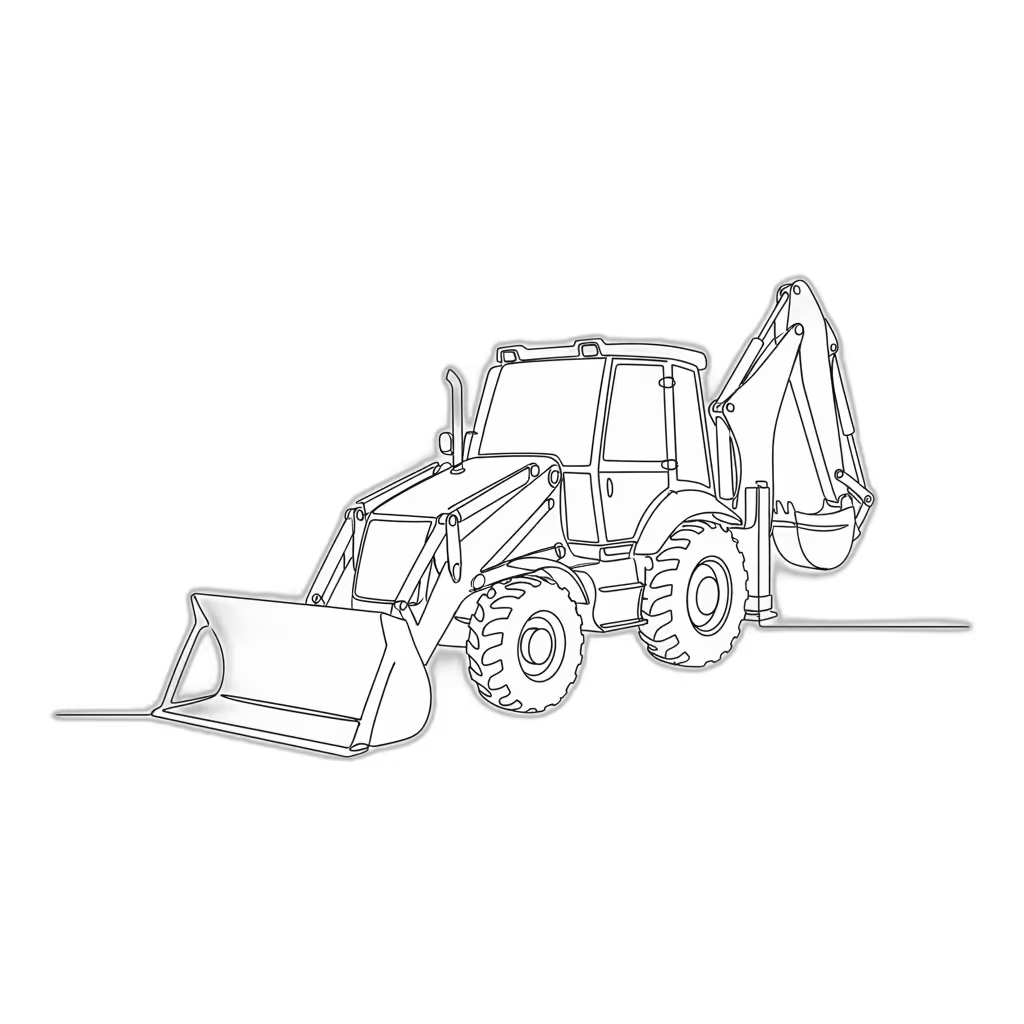
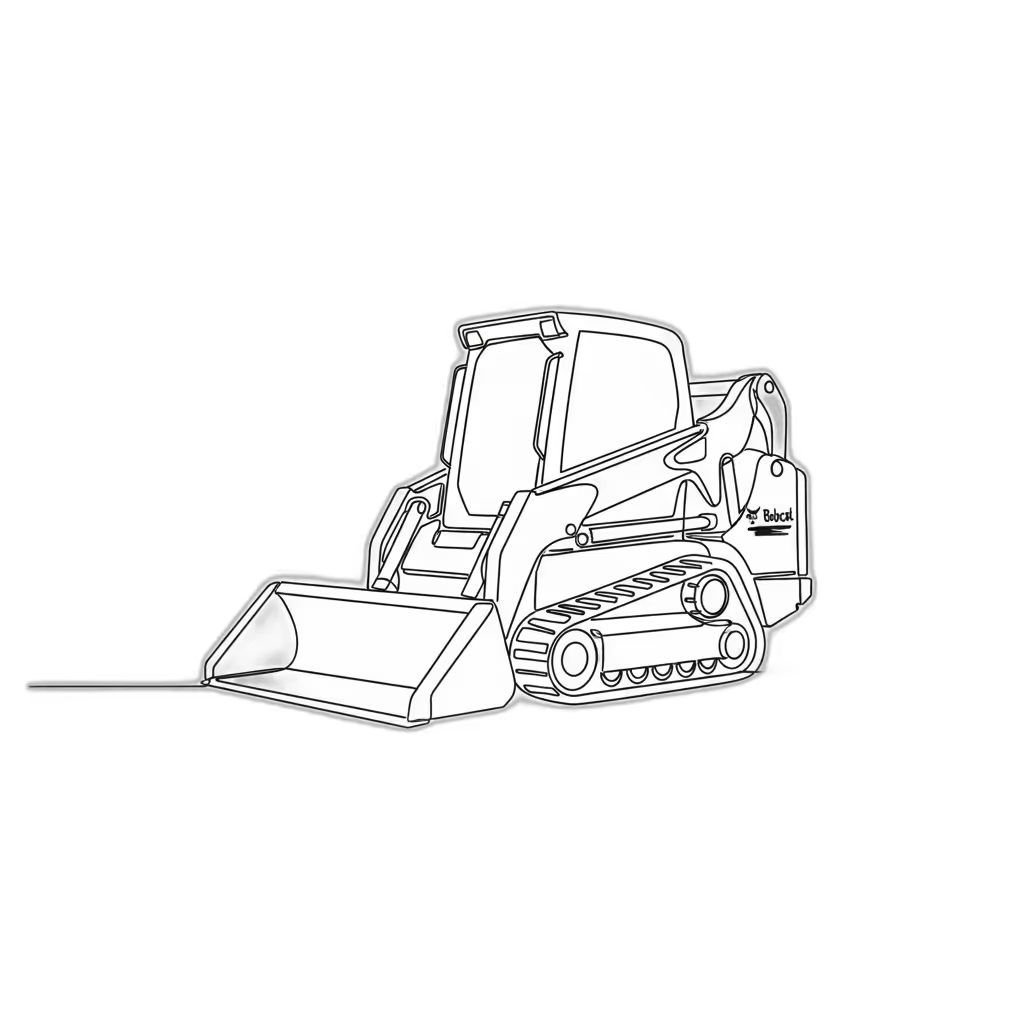
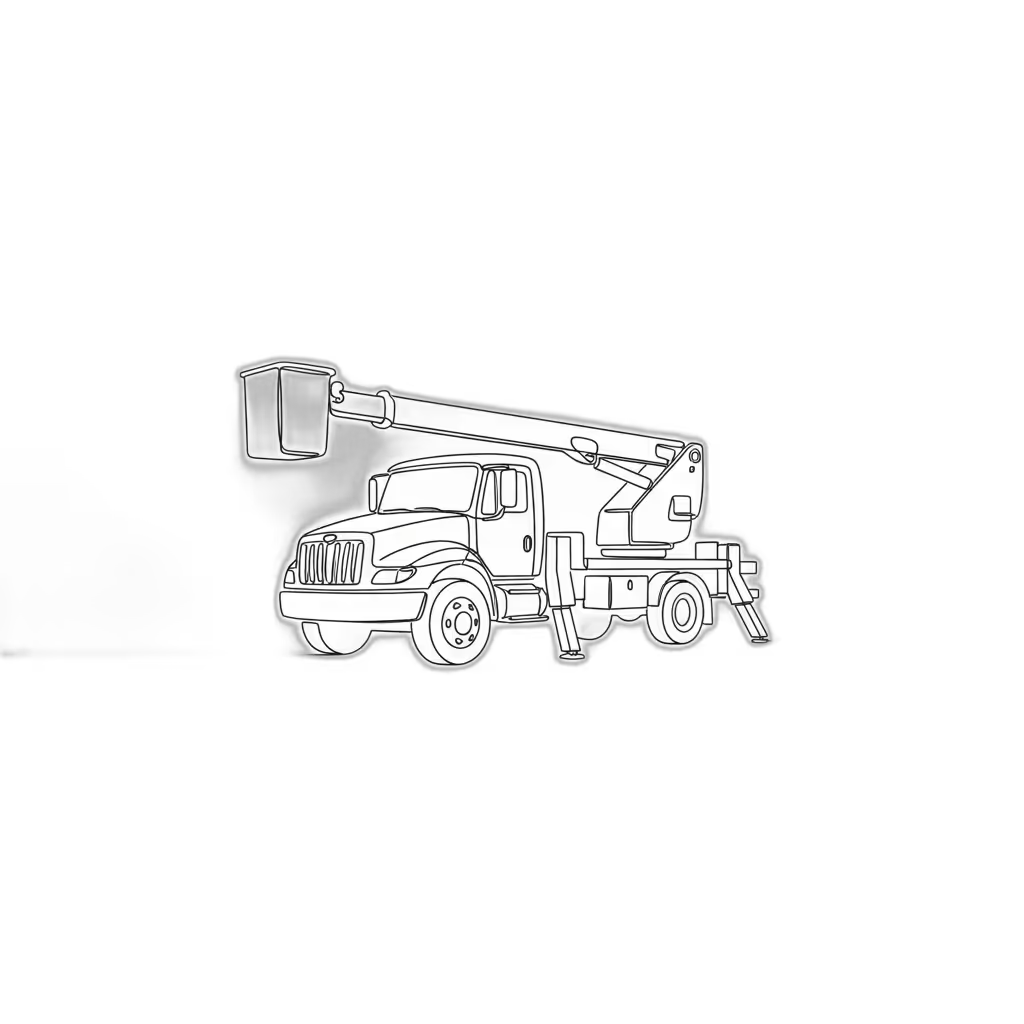
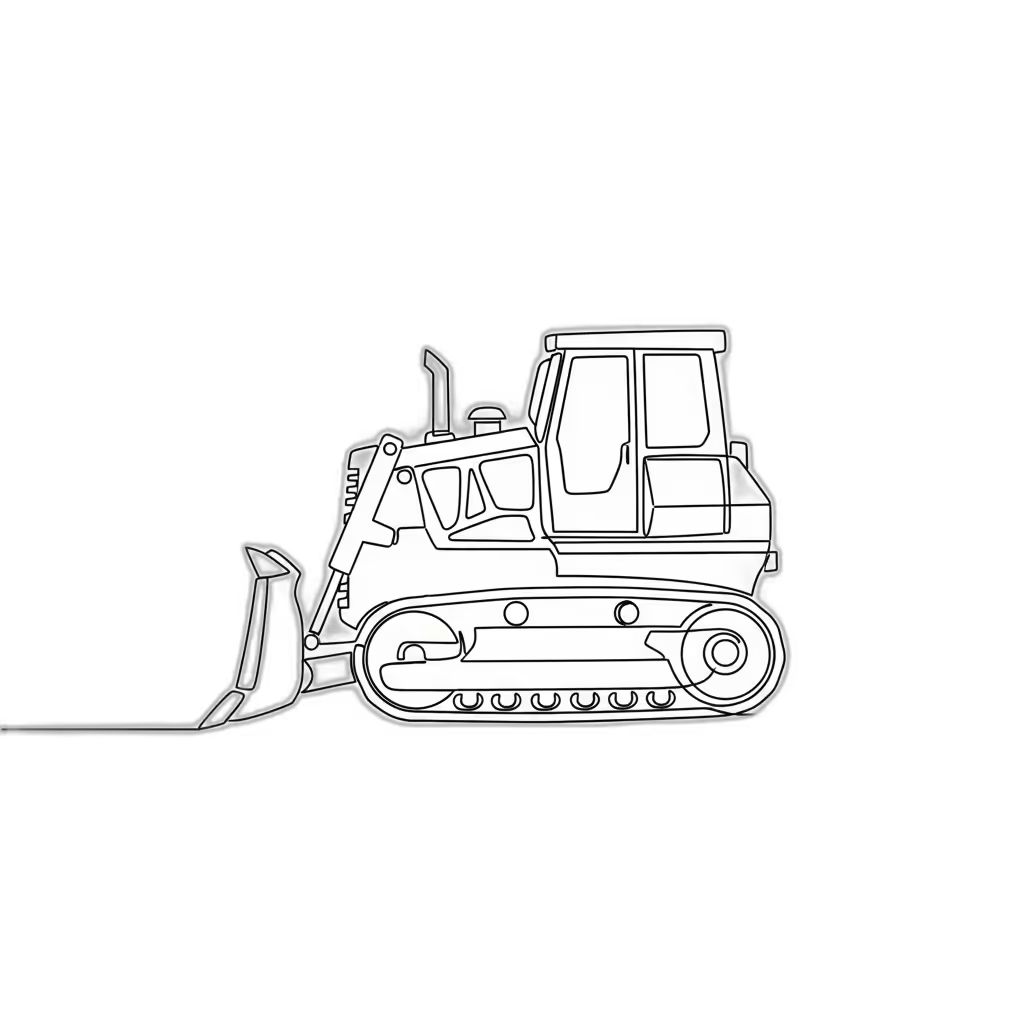



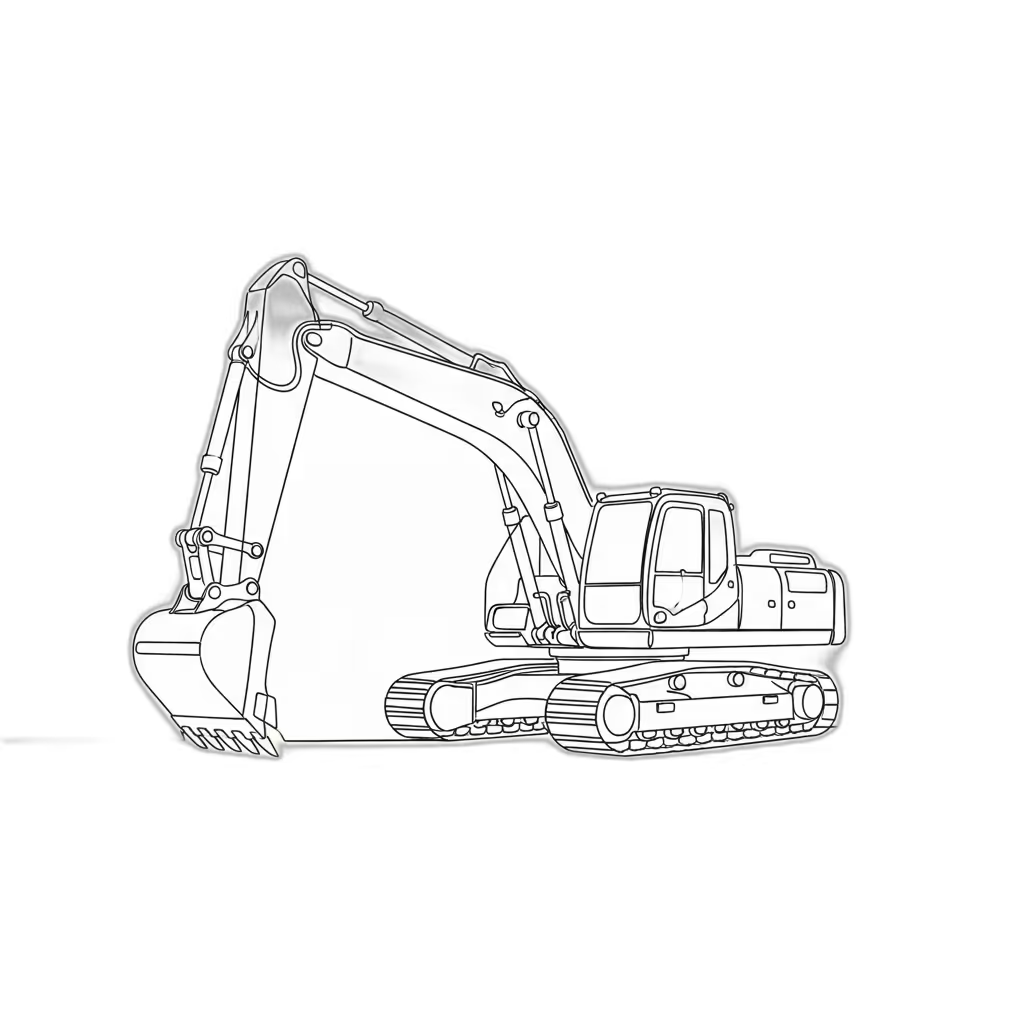
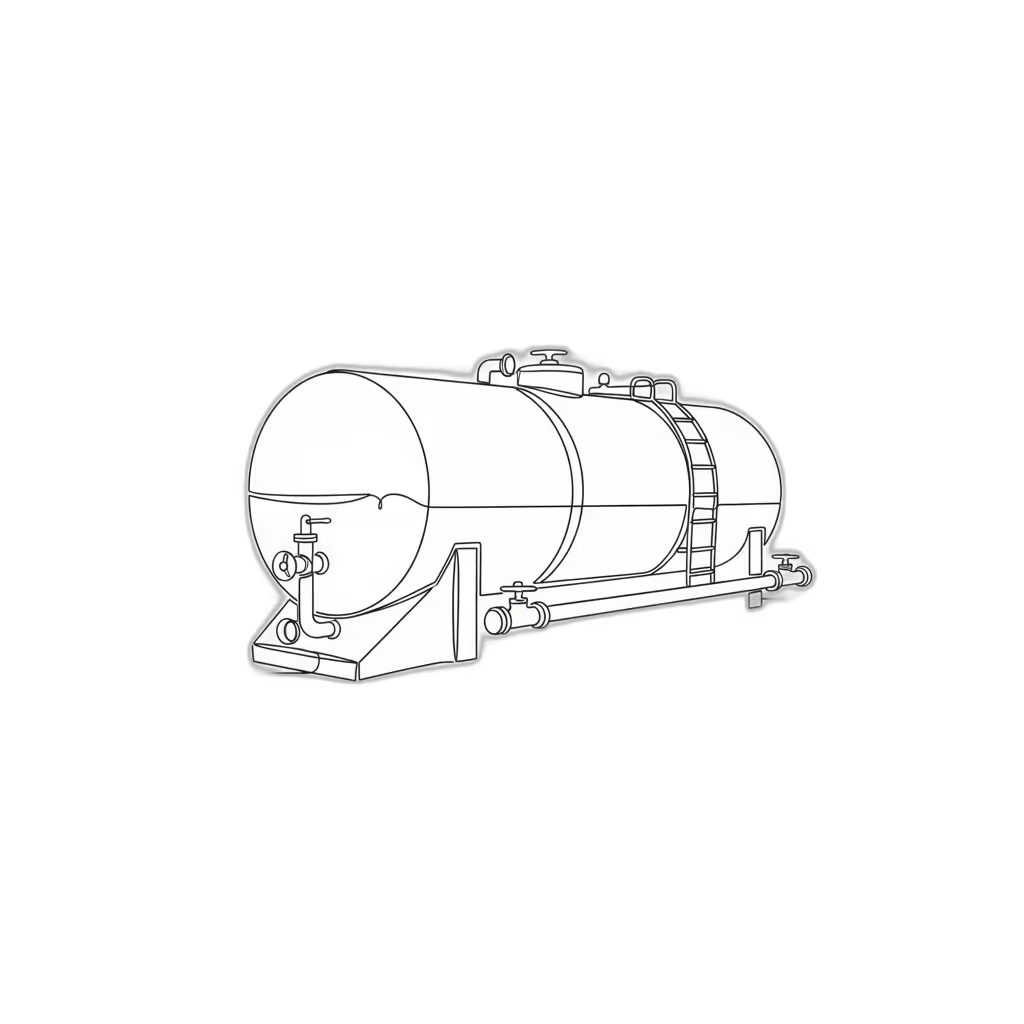

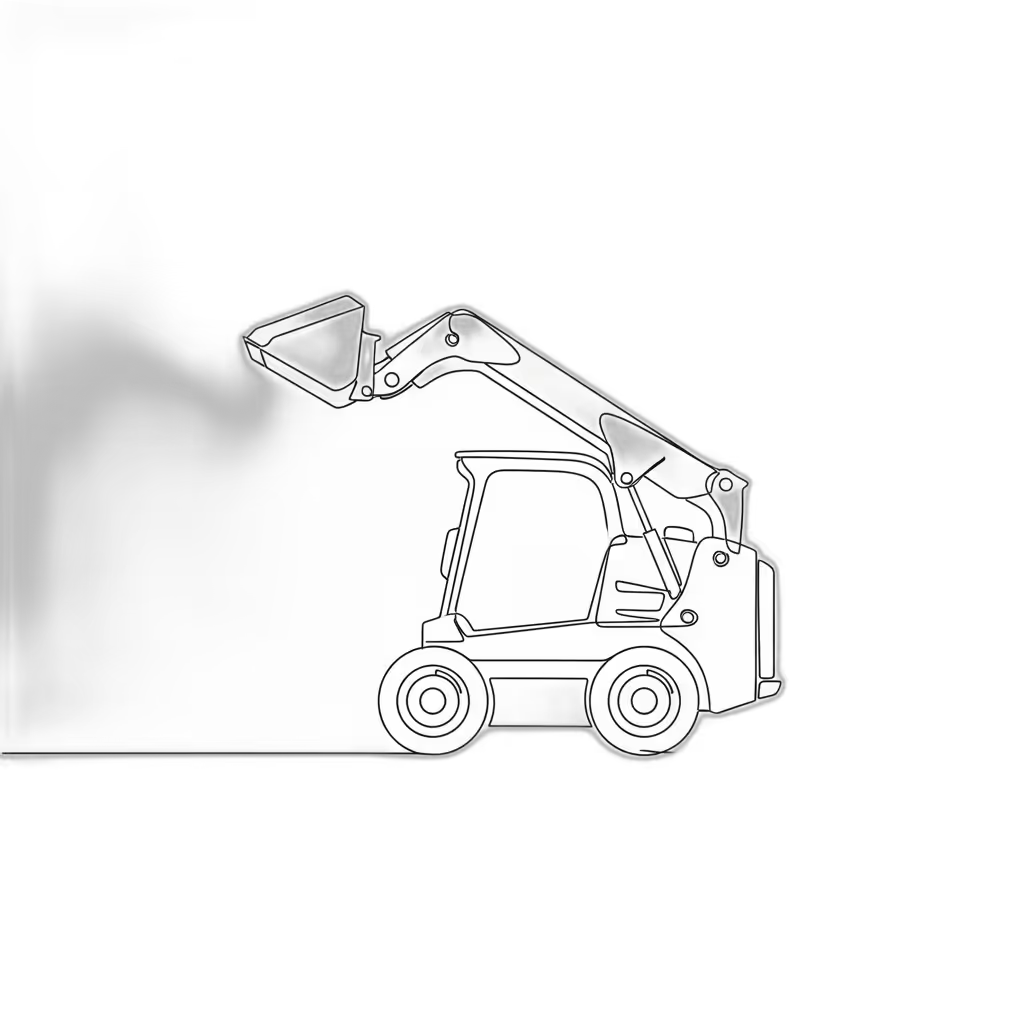


.svg)










